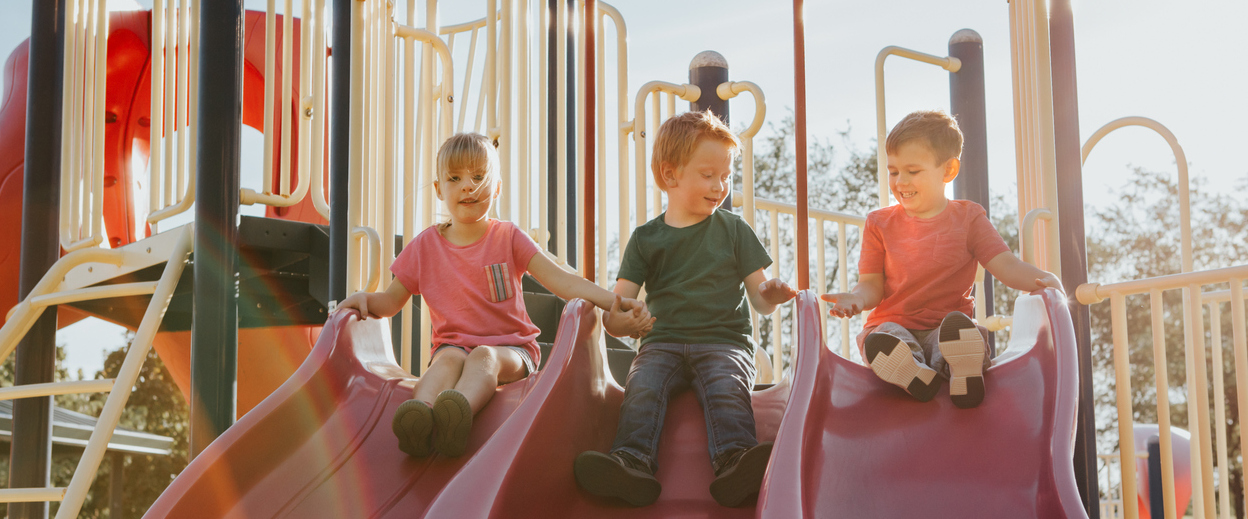Research you love to read

Students with autism have unique social learning needs, as this new Crane study found.
Recess is a natural time for play and friendship building, yet students with autism often experience isolation from their peers. In this study, Crane faculty associate Dr. Matt Brock and his colleagues took a two-fold approach in supporting social skill development in first-grade children with disabilities. A peer-mediated intervention involved 3-5 “peer partners” pairing up with a child with disabilities to incorporate them into their play at recess. The children with disabilities were also shown videos of their peers demonstrating appropriate social skills on the playground.
The results are encouraging. All three participating students with disabilities had significant gains in social interactions, appropriate peer play, and individual social skills goals. They enjoyed playing with peer partners during recess and considered their peer partners to be their friends. All peer partners enjoyed supporting a buddy at recess and most would volunteer to do so again in the future.
When asked what they enjoyed about being a peer partner, students shared:
“Playing together and being friends with my buddy.”
“I liked when we played bubbles.”
“I liked that he was so kind and sweet, and I loved playing with him.”
Researchers urge practitioners to use recess as a time to build social interactions between children with disabilities and their classmates through peer modeling.
Check out the Crane research project that is actively studying a peer-mediated intervention called Focus on Learning, Interaction, and Play (FLIP) at Recess. Read more about FLIP and its real-life impacts.

